
The First-Ever Recording Of A Person’s Last Moments Has Made Our Last Thoughts Visible
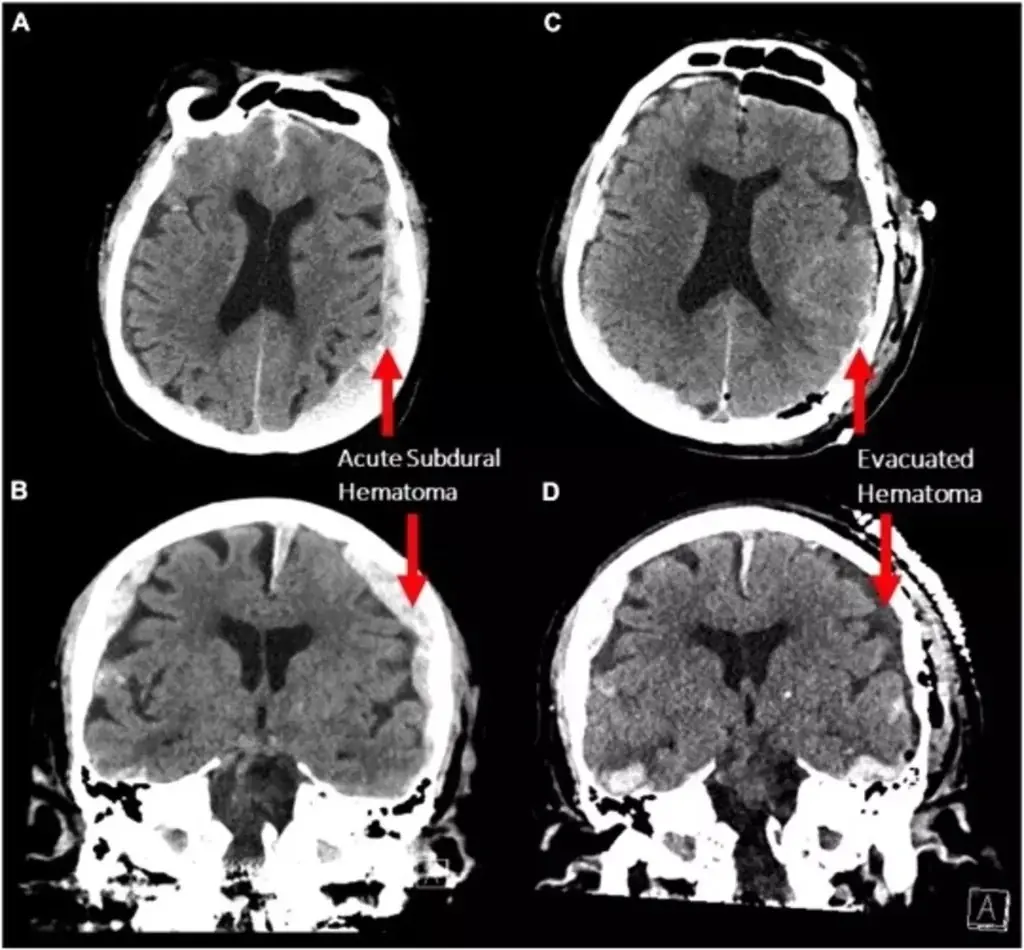
The first-ever recorded account of a person’s final moments has given us a glimpse into our last thoughts.
Human curiosity about what happens after death has likely existed since the beginning of time. While scientists now believe they may have caught a glimpse of our final moments, we will likely need to wait until we are gone to confirm it for ourselves.
This breakthrough occurred when an 87-year-old man with epilepsy passed away unexpectedly from a heart attack while doctors in Vancouver, Canada, were studying his brain. The results from the electroencephalogram (EEG) test allowed researchers to analyze what was happening in his brain during the critical thirty seconds before and after his heart stopped.
Interestingly, the old notion that life “flashes before your eyes” may have some truth to it. Researchers discovered that “gamma oscillations” in the brain increased during this time. These oscillations are linked to dreaming and memory retrieval, which suggests the patient might have been reliving past experiences just before passing away.
Dr. Ajmal Zemmar, the lead author of the study published in Frontiers in Ageing Neuroscience, explained, “By generating oscillations involved in memory retrieval, the brain might be re-experiencing significant life events just before death, similar to those reported in near-death experiences.”
“These results challenge our understanding of when life truly ends and raise important questions, such as those about the timing of organ donation.”
While this is the first time such a phenomenon has been observed in humans, the study also found similar changes in brainwaves in rats at the time of death.
As with many scientific findings, the team emphasized that further research is needed to confirm these results. It is important to remember that the data comes from a single case study, and the patient had pre-existing brain damage from epilepsy. Consequently, experts cannot predict with certainty whether the same brain activity would have occurred in another person near death.
Dr. Zemmar reflected, “One thing we may learn from this research is that, even when our loved ones are closing their eyes and about to leave us, their brains might be replaying some of the most beautiful moments of their lives.”
News in the same category


Break-up coach reveals three clear signs that mean a relationship is over

“Meet K2-18b: The Distant Ocean World That Could Host Alien Life”

Neuroscience Says: Listening to This Song Reduces Anxiety by Up to 65%. Hear It Yourself
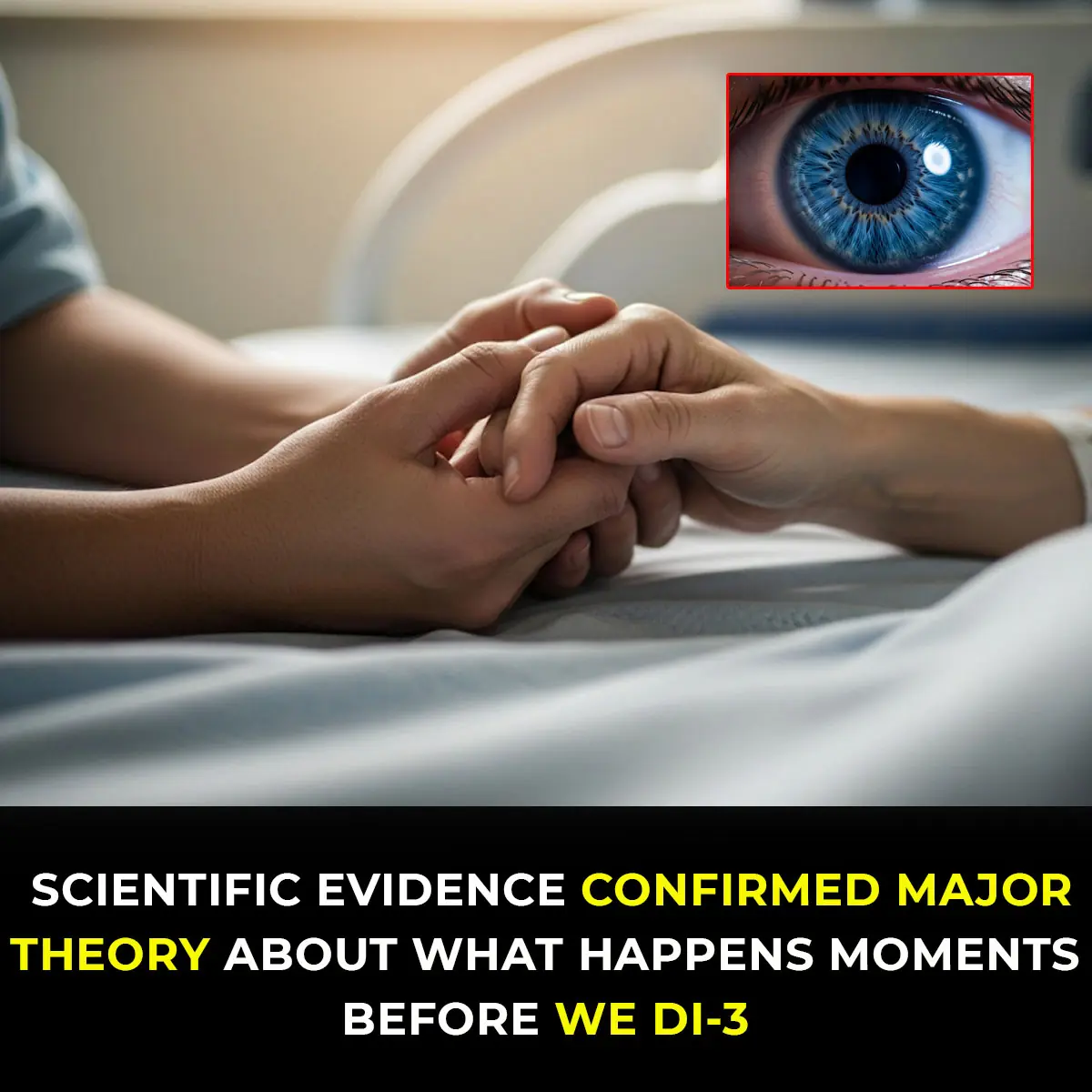
Scientists Confirm Brain’s ‘Life-Flash’ Surge Just Before Death

Here’s What It Really Means When A Man Turns His Back In Bed

Could Psilocybin Be the Secret To Living Longer? Scientists Think So.

You Should Never Ignore These 9 Things Your Fingernails Reveal About Your Health

10 Warning Signs Your Kidneys May Be in Serious Danger
Your kidneys quietly work around the clock to keep your body in balance, but when they start to fail, the symptoms can be subtle and easily overlooked. Spotting these early warning signs could save your health—and even your life.

What You See First In This Weird Optical Illusion Reveals What Kind Of Lover You Are
Optical illusions can do more than just play tricks on your mind — they can reveal hidden aspects of your personality, including how you express love. In this unique test, the first image you notice will uncover your deepest romantic traits and the way

Beekeeper Sets Bees Loose on Police That Pulled Him Over for Traffic Stop

The ‘World’s D3adliest Food’ K!lls 200 People Annually — Yet 500 Million Still Can’t Resist It
Every year, this claims over 200 lives worldwide, yet nearly half a billion people still rely on it as a daily food source. Experts warn that without proper preparation, this staple crop can turn d:eadly due to its natural cyanide content.

The Hidden Meaning Behind Women's Leg-crossing — It’s More Than Just Comfort
The Hidden Meaning Behind Leg-Crossing — Body Language Secrets, Health Risks, and What It Really Says About You.

Say Goodbye to Fillings Soon? Scientists Just Grew Real Human Teeth In a Lab That Could Replace Fillings Forever
What if your body could suddenly remember an ability it lost thousands of years ago - the power to grow an entirely new tooth?

The Secret Behind the Small Metal Bump on Scissors Everyone Missed
People Are Stunned To Discover The Real Purpose of the Small Metal Bump Between Scissor Handles — And It’s More Useful Than You Think.

The Chilling Truth About Why No Human Remains Were Found in the Titanic Wreck
More than 110 years after the Titanic sank, scientists have revealed the chilling reason no human remains were ever found in its wreckage. Resting 12,000 feet below the Atlantic, the site tells a silent story of how nature claimed the victims in its own w
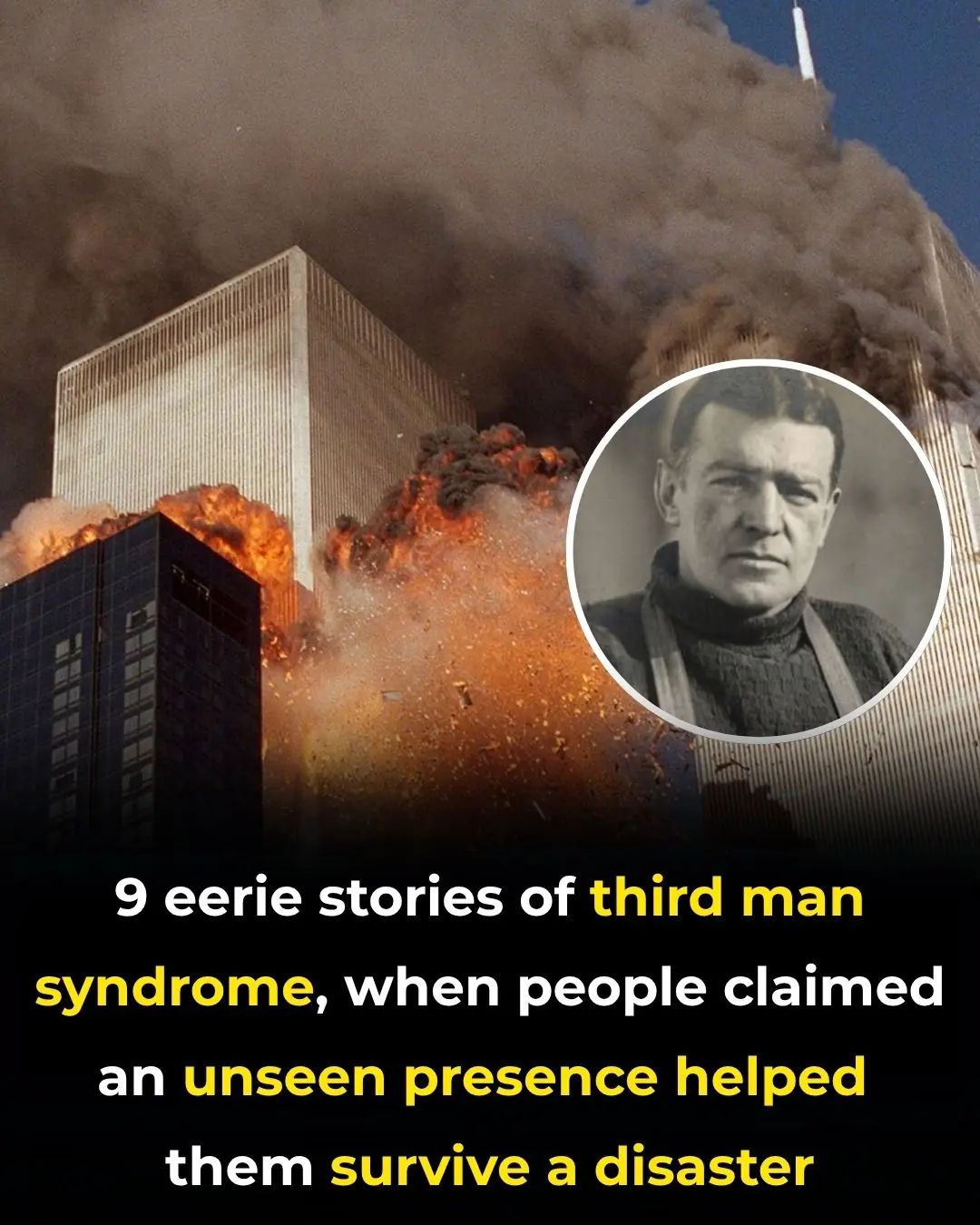
9 Chilling Stories of Third Man Syndrome: When an Unseen Presence Aided Survival in Disasters
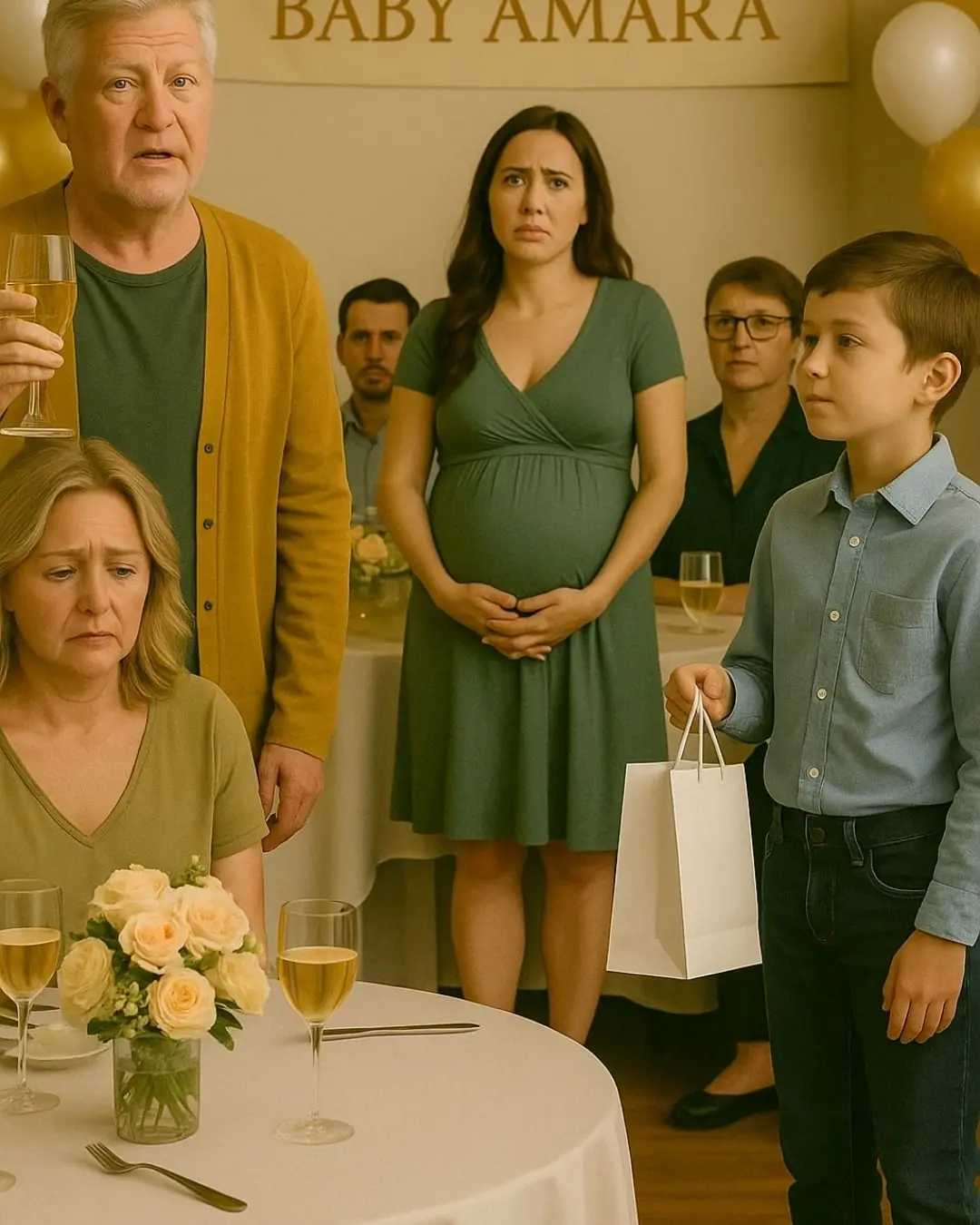
I Was Shamed for Being a Single Mom at My Sister’s Baby Shower — Then My 9-Year-Old Son Silenced the Room with a Letter

9-Year-Old Boy Whispered “Daddy, I’m so tired!” and Didn’t Wake Up Again

What Is the Shark Fin on Cars?
News Post

Study reveals average penis size across US states and exposes who is exaggerating

NASA releases closest-ever images to the sun and everyone is asking the same thing

Break-up coach reveals three clear signs that mean a relationship is over

“Meet K2-18b: The Distant Ocean World That Could Host Alien Life”

Secret CIA Documents Declare That The Ark Of The Covenant Is Real, And Its Location Is Known

Neuroscience Says: Listening to This Song Reduces Anxiety by Up to 65%. Hear It Yourself
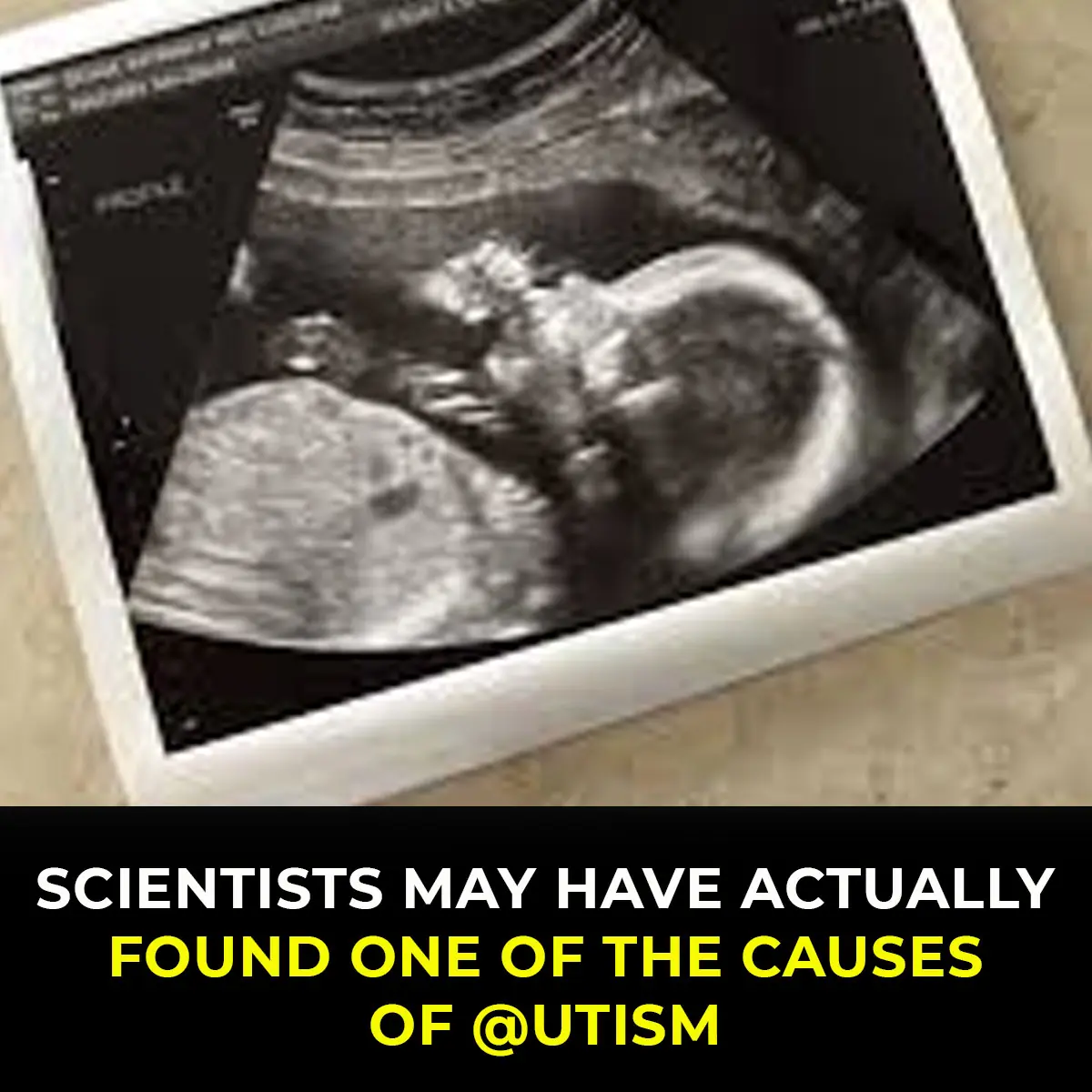
Study Suggests Key Link That Could Help Explain Autism Development

Scientists Confirm Brain’s ‘Life-Flash’ Surge Just Before Death

Scientists Warn China-Identified Bat Virus Just One Mutation Away From Sparking Global Pandemic

This One Superfood Could Tackle Major Health Issues—Here’s What You Need To Know

Here’s What It Really Means When A Man Turns His Back In Bed
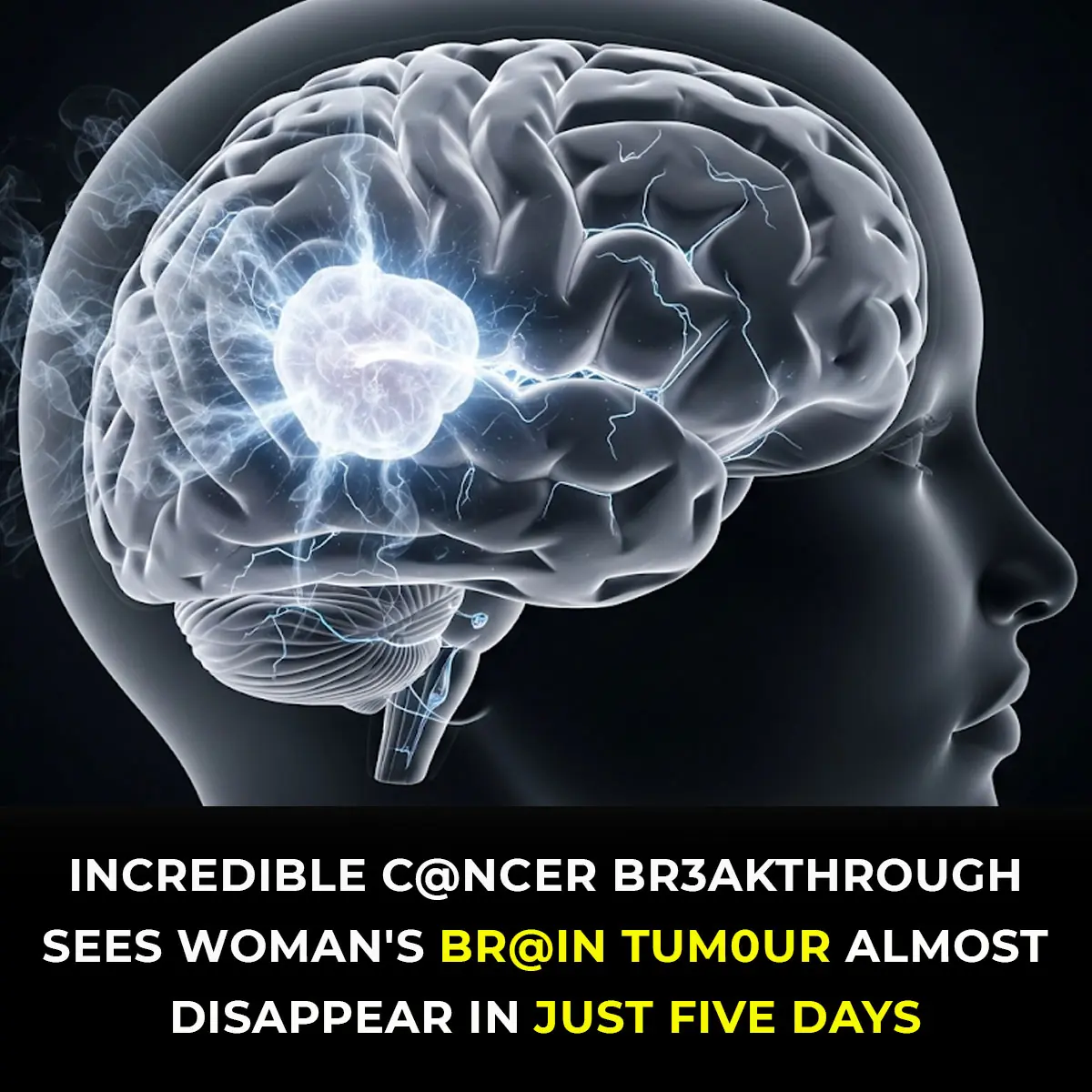
Woman’s Inoperable Brain Tumor Shrinks In Just Five Days Thanks To Cancer Breakthrough

Could Psilocybin Be the Secret To Living Longer? Scientists Think So.

The Strengthening Power Of This One Mineral That Many Are Not Aware

EventsCalifornia On High Alert After Invasive Crab Capable Of Scaling 13-Foot Walls Discovered

A Late-Night Uber Ride That Changed a Life.

The Only Thing My Late Dad Left Me Was a Rusty Key, and I Thought It Was a Joke Until My Cousin Offered Me $10,000 for It – Story of the Day

You Should Never Ignore These 9 Things Your Fingernails Reveal About Your Health

Scientists Warn Foot-Long “Demonic Flesh-Eating” Worms Are Invading The U.S.—Here’s What To Do
